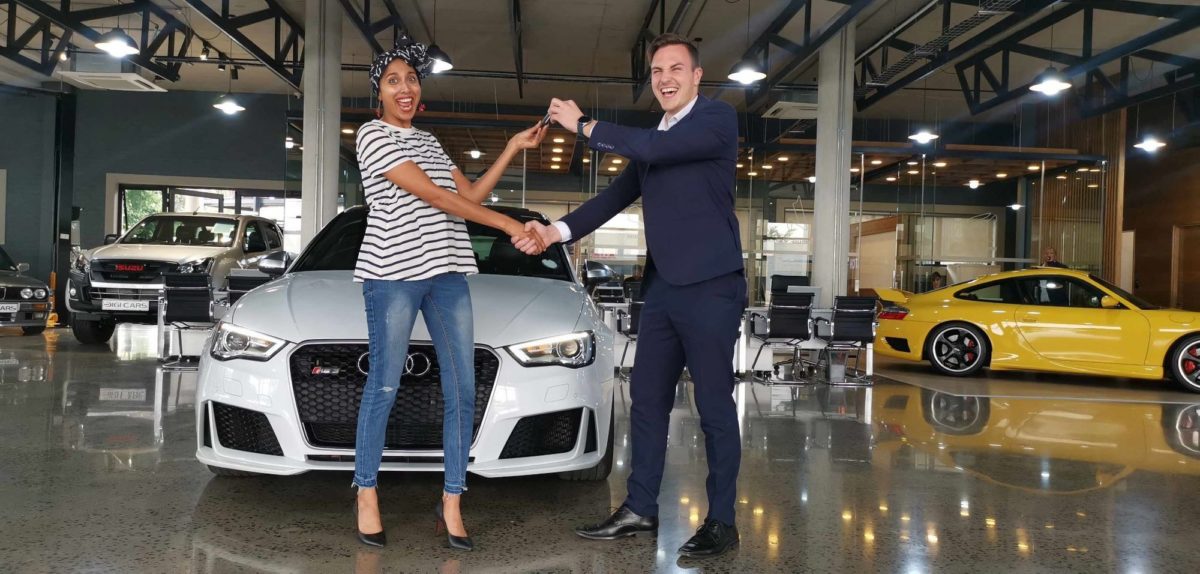
A car is the second biggest investment you will ever make so it’s imperative that you budget for this life changing investment and manage your money wisely. Below, we list the most important things to consider before you take a big leap into the pool of depreciating investments!
1. DO YOUR RESEARCH!
Whether making any large investment, being well researched is the best way to approach this. First decide on the type of car, are you looking for something within a tight budget? Something spacious? If you want a sport car, do you know the benefits of buying second hand? Look at brand new prices vs second hand car prices. If you are investing in a second-hand car, what is the mileage and what are other people charging for something similar?
2. Don’t forget to add insurance!
You should also consider the costs of owning and maintaining a car. You don’t want to find yourself buying a car and then not having enough money to pay for ongoing costs.
3. Stay within a budget
Now you know how much money you need to save for your chosen car, the next step is to create a budget and stick to it. Look at your income and expenses and see how much you can save each month. Depending on your income and the price of your car, it might take you 1-3 years to save. In this case, you should also take into account that your car’s price could go up due to inflation by the time you finish saving.
There are ways you can motivate yourself to keep saving. Try putting up pictures of the car you intend to buy on a wall in your room or on the fridge to remind you of your goal. You could also try saving with a friend and see who can save up and buy a car first.
4. It’s time to make sacrifices
You can save more money for your car by reducing your spending. Don’t buy the latest fashions or the newest gadgets simply because everyone else is – if you don’t need it, don’t buy it. If you want to buy books, get the eBook version, or if you want to buy music, download individual songs instead of the whole album. When it comes to food, make your own meals and eat at home.
It’s important that you compare prices of items between stores and choose the cheapest one you can find. Also consider buying used items or items that are on sale. Most importantly, don’t buy on impulse. Give yourself a week to think about whether you really need the item or not before buying it. In the end, you might find that you’d prefer to save the money for your car.
5. It’s always time for a second income
If you don’t have a job, go and get one. If you do have a job, consider getting another job to earn more money. There are many options available to you. In today’s South Africa, one income is no longer enough, start getting creative and get your side hustle on.
Moreover, you can sell your unused belongings online or to resale stores. You can also try putting spare change in a jar and wait until it’s full before depositing the money into your savings account.
6. Check on your credit record
The ITC check is the only thing that might get in the way of you financing a vehicle. If you are blacklisted, get your payments up-to-date and allow it to settle before considering an investment this large. Rent-to-buy options come with hefty interest rates so it’s best to avoid those options.
You could earn R100 000 a month and if you are blacklisted, you still won’t be able to finance a vehicle. Rather stay up-to-date as often as possible and pay your bills!
7. Open a savings account
If you don’t already have a high-interest savings account, open one up. Then deposit money into the account regularly, whether that’s on a weekly, fortnightly or monthly basis.
8. Choose the right car finance option
Only consider using vehicle finance if you need a car in the immediate future and you don’t have enough savings to pay for it in full. Try and save up for a deposit (10% of the car’s purchase price is a good rule of thumb). The more money you’re able to pay upfront, the less you’ll pay in interest.
Also look at various lenders, including financial institutions and car dealerships, and compare their loan terms, conditions, interest rates and fees. If you’re going to make a lump sum payment during the loan term, you can try negotiating a lower interest rate. Choose a car loan that’ll mean you can afford to buy your car and save you money in the long term.
9. Look up the value of the car
Autotrader, Cars.co.za, Carfind, etc are great way to compare different models.
First, look at how many kilometres the car has travelled, its service history and the options equipped. This’ll give you a better feel of the car’s value and you’ll be able to better negotiate the price. If you’re buying a car that’s out of warranty, have a mechanic inspect it to check for any issues. If the car has minor problems, you can negotiate the price down further.
What next?
With these tips in hand, you should be able to save up for your first car in the shortest amount of time possible. But the more you’re able to save, the higher quality car you’ll be able to buy, so start saving now and reap the benefits later.

